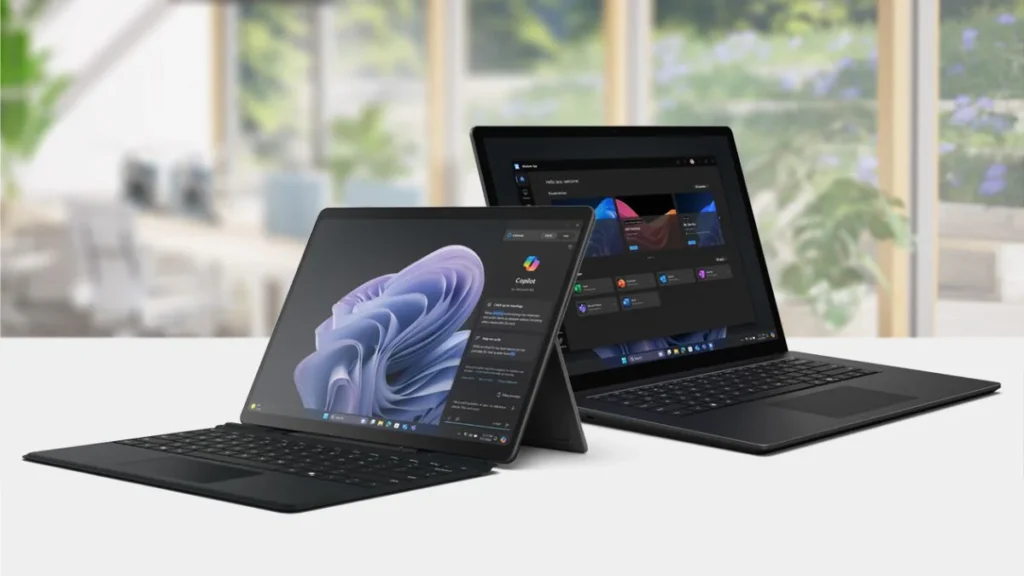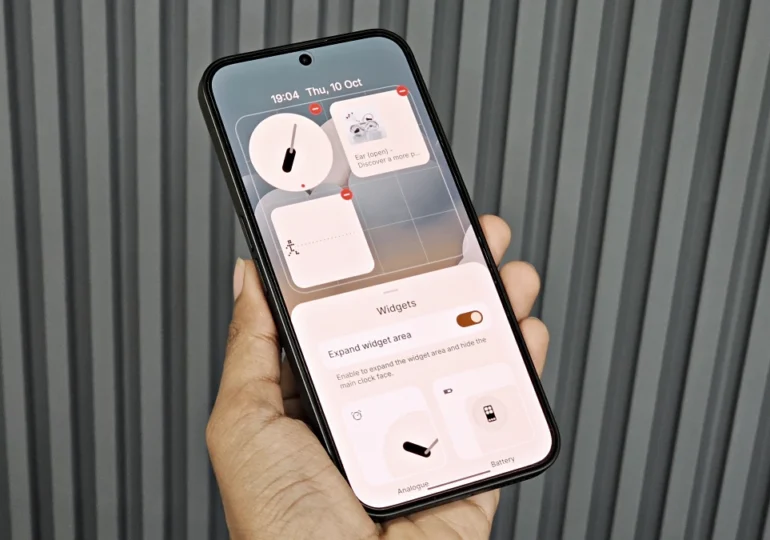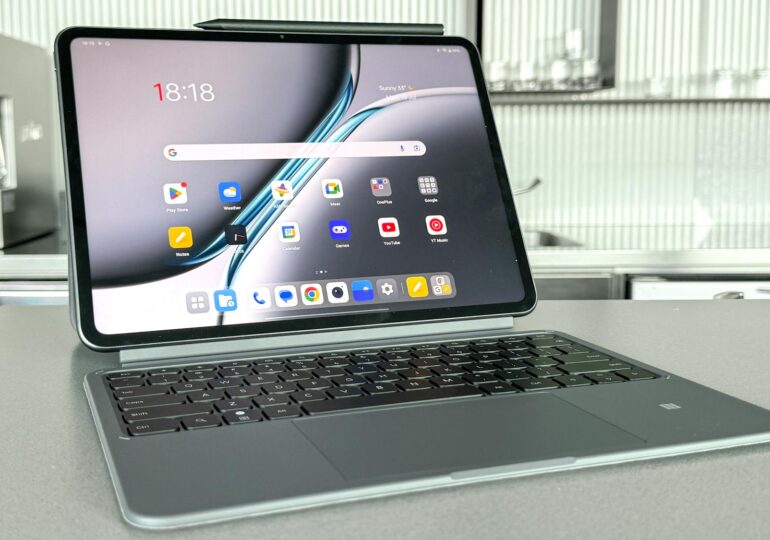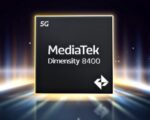
Microsoft & Intel Define AI PC Standards: Core Ultra Chip, Copilot Features, and Key Requirements, Report Claims
Microsoft has a stricter definition of what constitutes an artificial intelligence (AI) PC compared to Intel, as per a report. For the Windows maker, an AI PC requires a powerful processor such as the Intel Core Ultra for enabling AI capabilities, software-based Copilot capabilities, and a dedicated Copilot key in the keyboard, as revealed by an Intel executive. The last requirement is considered a strange one, as this disqualifies PCs that come with a dedicated AI processor, GPU, and a dedicated Neural Processing Unit (NPU), but not the Copilot key from the AI PC category.

Todd Lewellen, Head of the PC ecosystem at Intel spoke with The Verge in a press briefing and elaborated upon the matter. He said, “Our joint aligned definition, Intel and Microsoft, we’ve aligned on Core Ultra, Copilot, and Copilot key. From an Intel perspective, our AI PC has Core Ultra and it has an integrated NPU because it is unlocking all kinds of new capabilities and functions in the AI space. We have great alignment with Microsoft, but there are going to be some systems out there that may not have the physical key on it but it does have our integrated NPU.”
The difference in opinion between Microsoft and OEM manufacturers can give rise to a tricky situation as the Windows maker is one of the biggest players in the AI space, and with a hold on the operating system, it can be one of the definitive voices of which PCs may or may not get the on-device AI features it develops.
An easy solution is for OEMs to simply include the Copilot key, like most Windows-powered PCs already have a dedicated Windows key. However, this would exclude some in-between devices that have already launched with required hardware capabilities but no Copilot key.




















